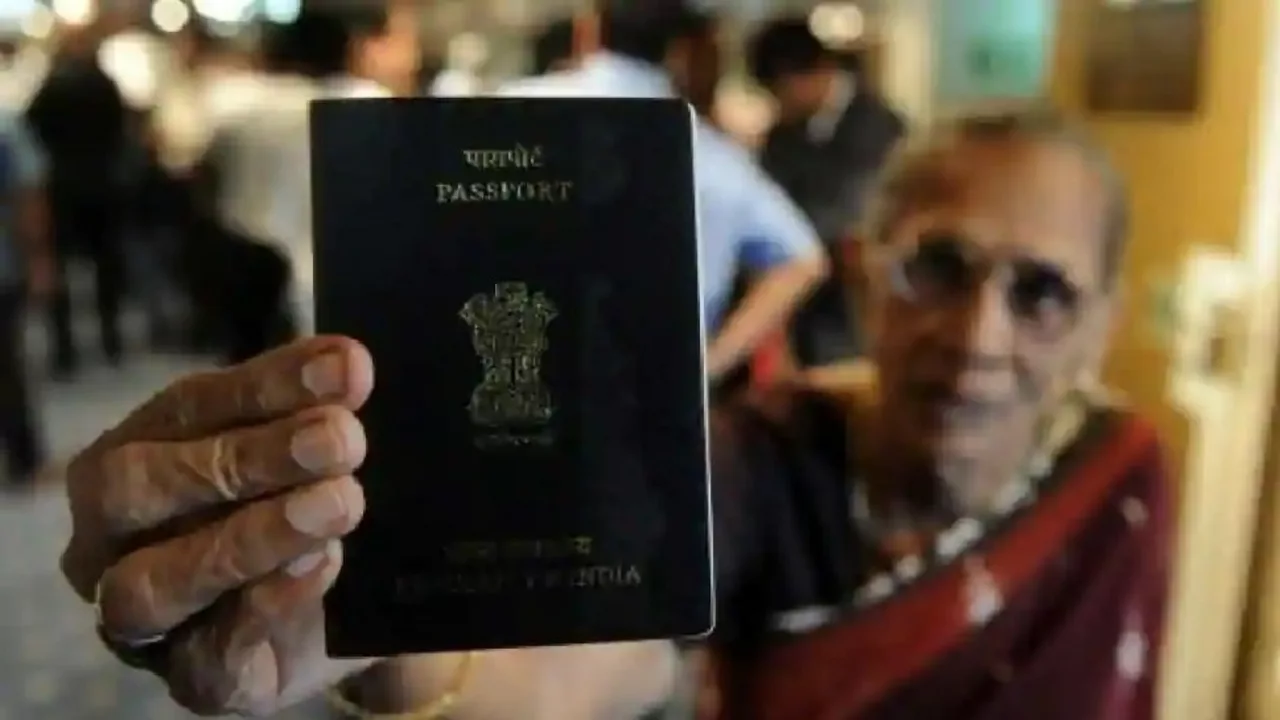
Understanding Matrimony Beyond Boundaries
Marriage in India is not just an affair between two people, it is an occasion where two families come together. This social institution has always been sacred and diversified in India. And when someone from another country comes into the scene, you can imagine the level of complexity that is added. Good questions, such as "Can an Indian citizen marry a foreigner in India?" pop up, with many legal and cultural implications at play, making it a labyrinth for a regular person to decipher. But fear not, because Aarav is here to guide you through this muddle of marriage, nationality, and the law.
Untangling the Legal Gordian Knot
Let's start with the good news. Yes, an Indian citizen can indeed marry a foreigner in India. As shocking as that may sound to some, it has been possible due to the Indian law's broad-minded approach towards inter-country marriages. The Special Marriage Act, 1954 is the magician behind the curtain that has made this possible. However, it isn't as easy as choosing a wedding cake. There are exhaustive procedures and legal compliances involved, such as a month-long notice period, minimum eligibility age, required documents, etc. And yes, the bureaucracy involved can make you pull your hair out. So, brace yourself, and let's delve into it!
Document Hoarders, This is Your Time to Shine!
If you love collecting and managing documents, this process is going to be a breeze for you. Proof of residence, birth certificates, passport photographs, declarations from both the parties, and the list goes on. Depending upon the nationality of the foreigner, you may need some specific documents too. For example, if the foreigner is from a country where the mandatory marrying age is above 21, the same age criteria will be applicable when marrying in India. The list of required documents can stretch longer than a royal train for an Indian wedding. So, keep your scanner ready, or better yet, hire a dedicated document scanner for your wedding!
Waiting it Out – Not So Sudden
You can't just get your documents ready and say 'I do'. There is a set waiting period before you can tie the knot in court. According to the Special Marriage Act, a 30-day notice is to be given to the Registrar of Marriages. After this period, if there aren't any objections to your application, you can go ahead and get married. This is a bit like the nerve-racking waiting period between proposing and hearing the reply, except the government plays the role of the surprise proposer here. Can't say surprises are entirely missing from Indian marriages, can we?
Eligibility – More Than Just Falling in Love
Apart from the usual age limit (which, in case you're wondering, is 18 years for a woman and 21 years for a man), there are other eligibility criteria in place as well. Both parties should be mentally fit, which usually means they are not suffering from any mental disorder that can inhibit their decision-making ability. The parties shouldn’t be related to each other, as per the degrees of prohibited relationships mentioned in the Special marriage Act. Also, neither party should have a spouse living at the time of marriage. Of course, your mutual love blooms barrier-free, but if any of these constraints are not met, the marriage will not be recognized legally in India.
Here Comes the...Bride and Groom, Time to Tie the Knot
Once the required documents have been submitted, the waiting period is over, and everything is hunky-dory, the marriage is solemnized in the presence of the Marriage officer and three witnesses. Remember, this is not only about exchanging wedding rings, but it's also about signing the marriage certificate, making your union legally recognized. This is the moment you can finally say "We did it!". And no, you don’t have to deal with any more paperwork post this point, well, for a while at least. So rejoice, because the hardest part is done and dusted!
Post Marriage Legalities – It's Not Over Yet!
Think it's all roses and sunshine after the marriage? Think again. Getting the marriage registered means that the Indian Government recognizes the marriage. However, the couple might have to further fulfil the requirements of the foreigner's home country's marriage laws. This could involve getting the marriage certificate attested by the foreign national's embassy. And yes, it may also lead to a new set of legal hurdles if you plan to relocate to your spouse's native country. But then again, love is all about finding a way against all odds, isn’t it?
A Wedding with a Twist!
There you have it folks, the guided tour through the labyrinth called inter-country marriage in India. Remember, love sees no boundaries, and true love finds its way no matter how many legal hoops it needs to jump. Join these couples' journey where love, paperwork, and a dash of humour collide. The process may seem strenuous, but it is a unique journey that blends not just two people but two traditions and cultures. So kudos to everyone who's willing to tread down this path. As an Indian, I can undoubtedly tell you that this journey would be nothing short of a big, fat Bollywood movie with loads of drama, action, and at the end, a happy ever after.
